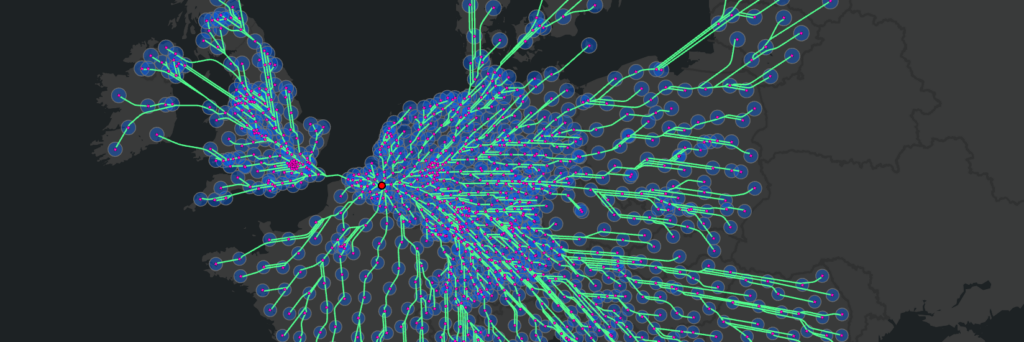Expert Lunch in Brussels: Groundwater as a Cornerstone for Resilience

Groundwater is more critical than ever for sustaining people and ecosystems, acting as buffer to increasing water extremes. Not only in view of this year’s World Water Day on March 22, the protection of our groundwater is crucial regarding the restoration of water cycles amid climate change impacts. The EU faces new challenges in protecting, using, and ensuring groundwater resilience and the Commission has made this a key priority for EU action in the new legislative term: Water resilience figures prominently in the mission statement of the EU environment Commissioner.
Regulative interfaces such as those between the Restoration Law, the Water Framework Directive (WFD), and the Green Deal require an integrated approach and this coordination has therefore become a priority at top EU level. Sustainable groundwater management and protection across all Member States is essential to an effective European Water Resilience Strategy. The ISOE – Institute for social-ecological research with friendly support of the Representation of the State of Hessen to the European Union would therefore like to invite you to an expert lunch debate on this topic.
Balancing Groundwater Use: New Spatial Relationships between Risks and Resilience
This event will contribute insights from groundwater research across Europe. Regional and transboundary dynamics of infrastructure, water security, and social-ecological systems are driving unintended consequences, such as pollution, resource depletion, and water-related risks.
We will present key findings on climate change impacts on groundwater, considering quantity, quality, and biodiversity. Long-distance pipelines can either alleviate or escalate conflicts around groundwater use for water supply and agriculture in parts of Germany and Spain. On Croatia’s Island of Krk, seasonal tourism spikes have strained drinking water systems, forcing costly network expansions that impact both mainland and island supply systems. At the EU’s external borders, tourism and land-use changes increase transboundary groundwater pressures, affecting water security between Croatia and Bosnia-Herzegovina.
Best Practice: Collaboration for a Water Resilient Society
While presenting best practice examples from several cases across Europe, we will show how strengthening cross-sectoral and transboundary collaboration in local cooperation is key to managing groundwater resources efficiently, equitably, and in alignment with biodiversity protection.
We cordially invite all interested stakeholders to register under this link to attend.
